Tesla in Thailand: The future of green mobility and autonomous vehicles
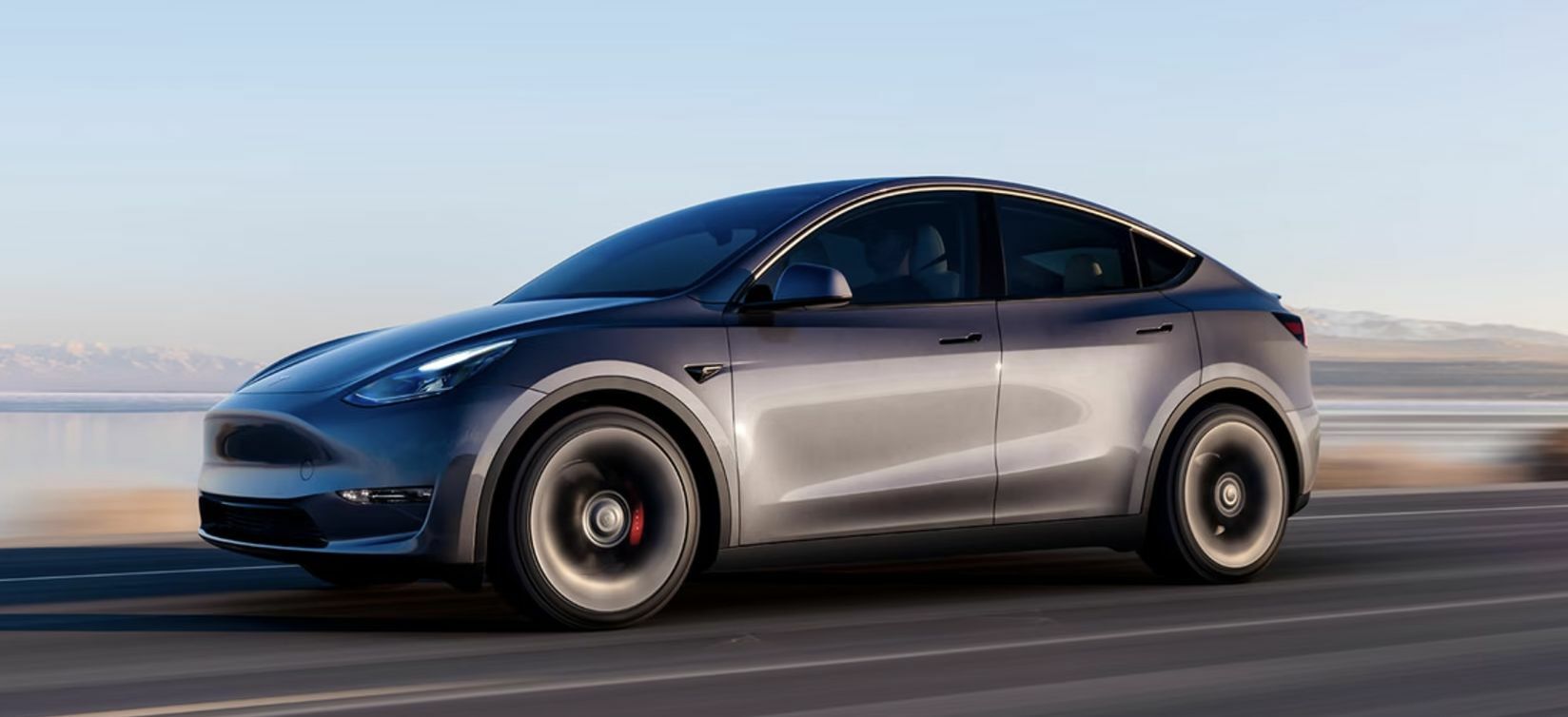
Following its debut in Thailand at the end of 2022, US-based automobile giant Tesla continues to expand its influence in the Thai market and it is also exciting to purchase a new car in Thailand. With a test centre open in Ramkhamhaeng, customers can try driving various Tesla models as they wish, buy Tesla products, and pick up their ordered Tesla cars.
Tesla plans to increase the number of supercharging stations throughout Thailand, building on the existing charging stations around Bangkok (centralwOrld, Central Rama 3, and ICONSIAM).
The introduction of Tesla is exciting for the Land of Smiles, as it can potentially help tackle gas emission issues in the transport sector and introduce self-driving capabilities.
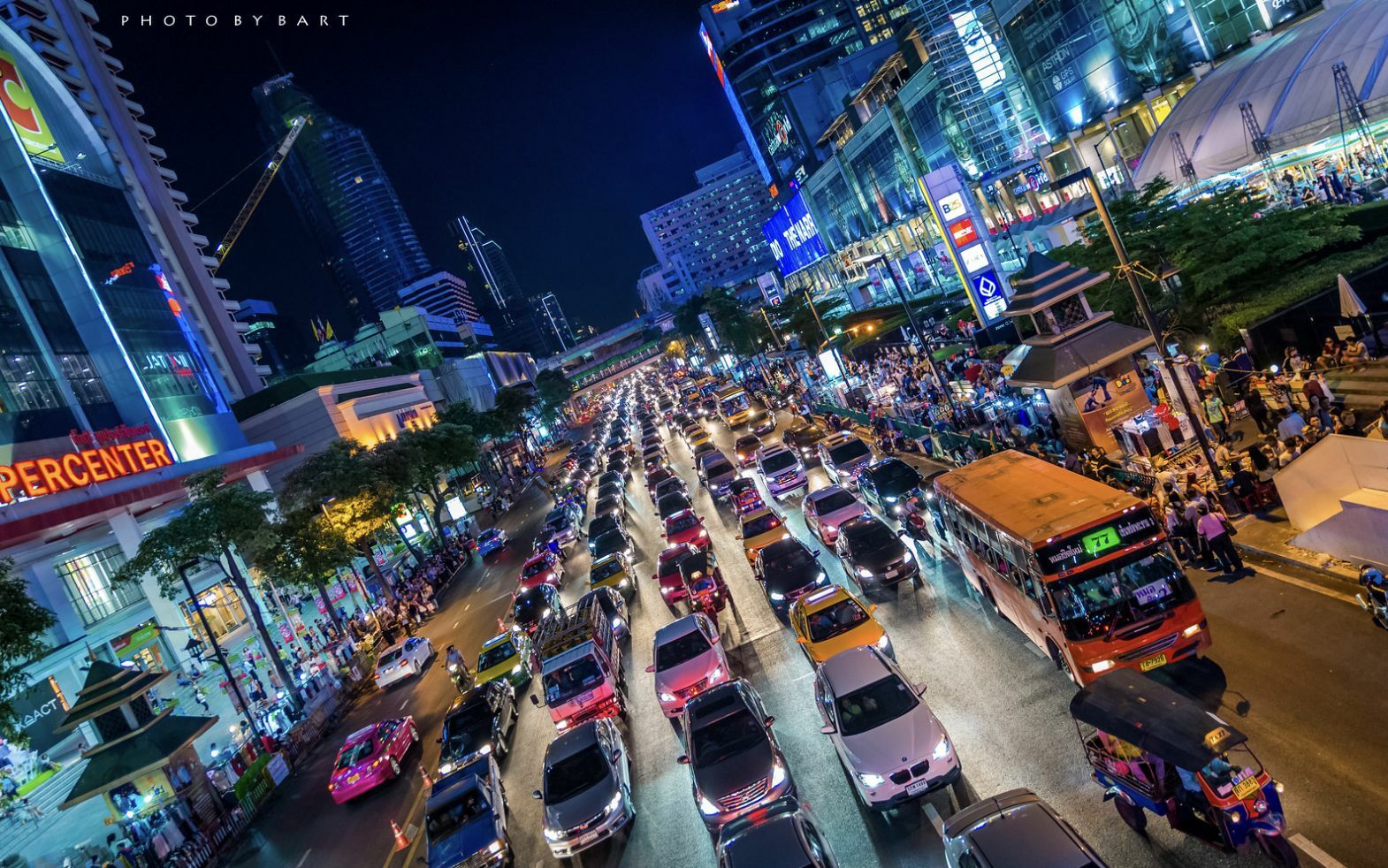
A road to a greener future
In Southeast Asia, Thailand is one of the countries heavily affected by the effects of climate change, with long-term impacts including increasing frequency of flooding, droughts, storms, and soaring temperatures. Thailand’s greenhouse gas emissions have been an ongoing issue and driver of climate change, with transport being the second highest contributor to Thailand’s greenhouse gas (GHG) emissions. Out of the GHG emissions in 2016, transport accounted for 27.21% of total emissions.
The positive news is that Thailand is engaging in efforts to decrease its greenhouse gas emissions, increasing its greenhouse gas (GHG) reduction target from 20% to 30% by 2030. At the COP26 (Glasgow Climate Pact) in 2021, Thailand pledged to reach net zero GHG emissions by 2065. To achieve this target, Thailand needs to tackle its transport sector emissions.
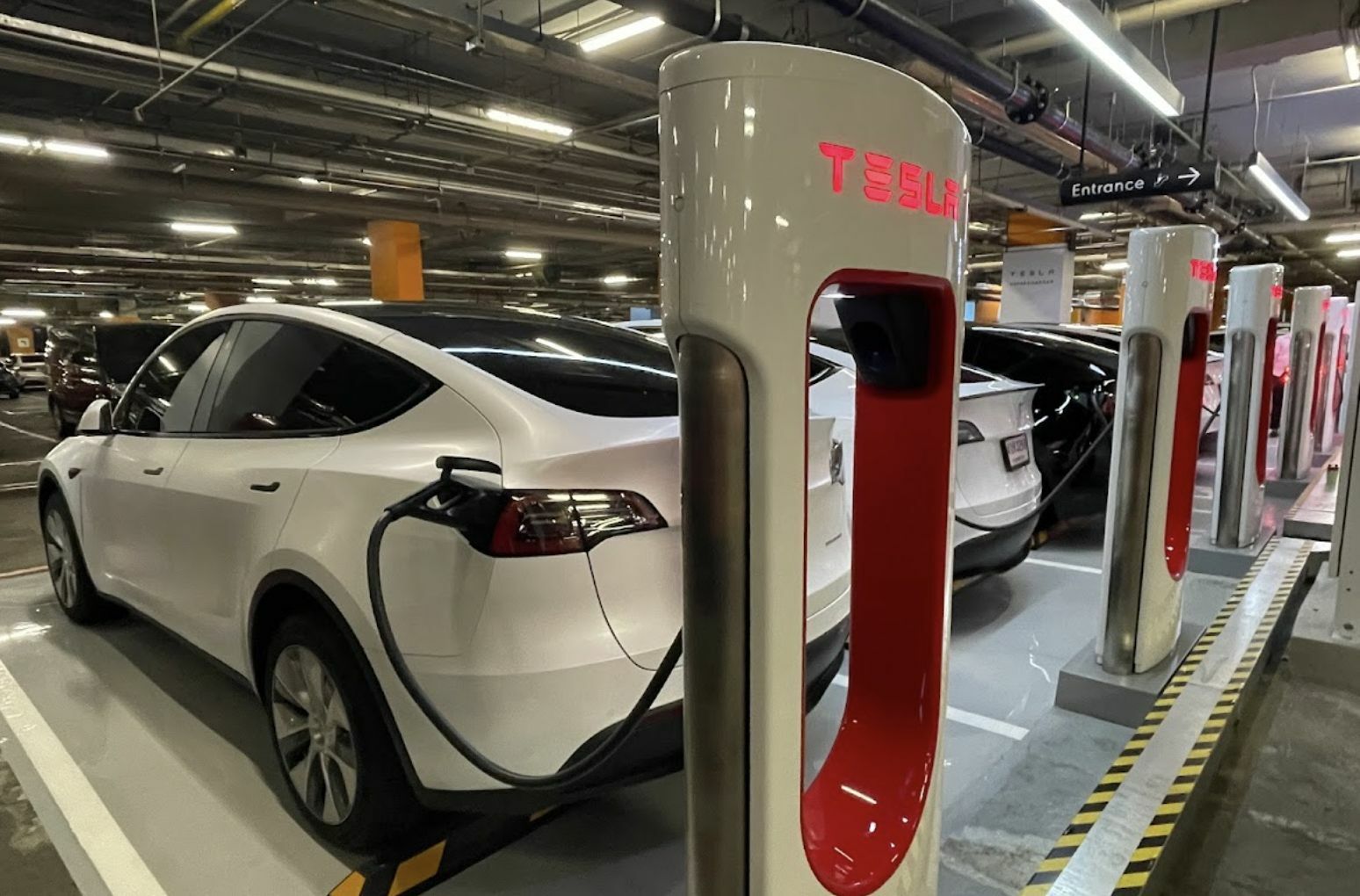
Contrary to regular vehicles which burn fossil fuels (emitting carbon dioxide and carbon monoxide), contributing to air pollution and climate change, Tesla’s electric vehicles have significantly less lifetime emissions. Thailand would be able to mitigate the severity of its air pollution and greenhouse gas emissions by facilitating the transition from fuel-powered to electric-powered vehicles, such as Tesla. Of course, this would require support from the government, in the form of policies, as well.
Tesla’s amazing autopilot technology
What’s more exciting is that every Tesla car includes the hardware needed for amazing autopilot features, setting a new bar in the automobile industry. Offering an outstanding combination of artificial intelligence (AI), sensor technology, and detailed mapping, the cars can self-drive (steer, accelerate, and break automatically) within their lane. The system includes advanced sensor coverage, with eight cameras providing 360 degrees of visibility. This means that cars can travel through more complex environments and find their way through urban streets, intersections, and around objects.
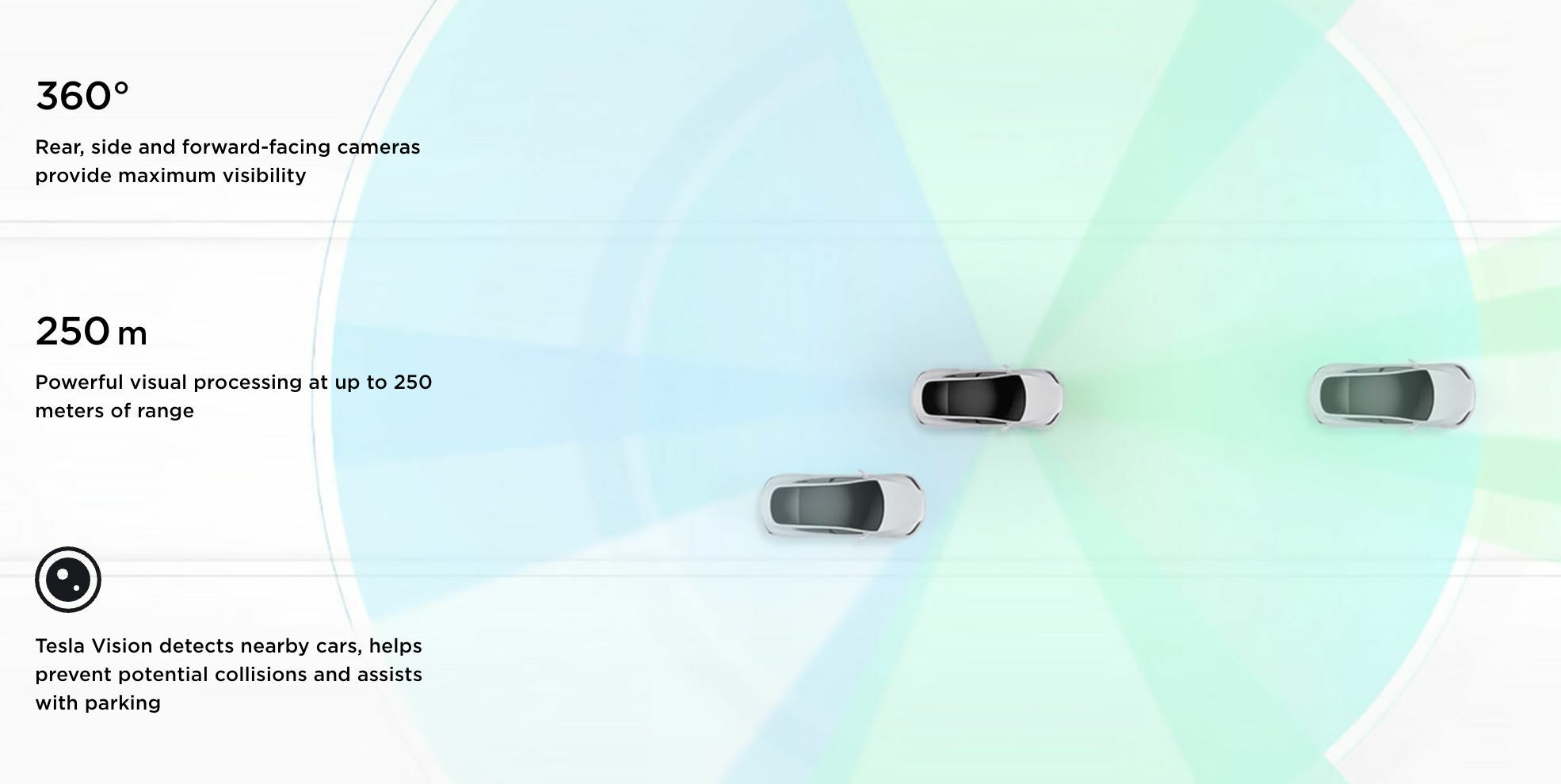
From short to long-distance trips, the system can do both, and the best part is that routes would be automatically reconfigured to the most optimal one. Unlike mainstream automakers, Tesla can push software improvements and additional features directly to cars without the need for dealership visits. This allows real-time implementation of enhancements based on the data collected daily from all Tesla vehicles globally.
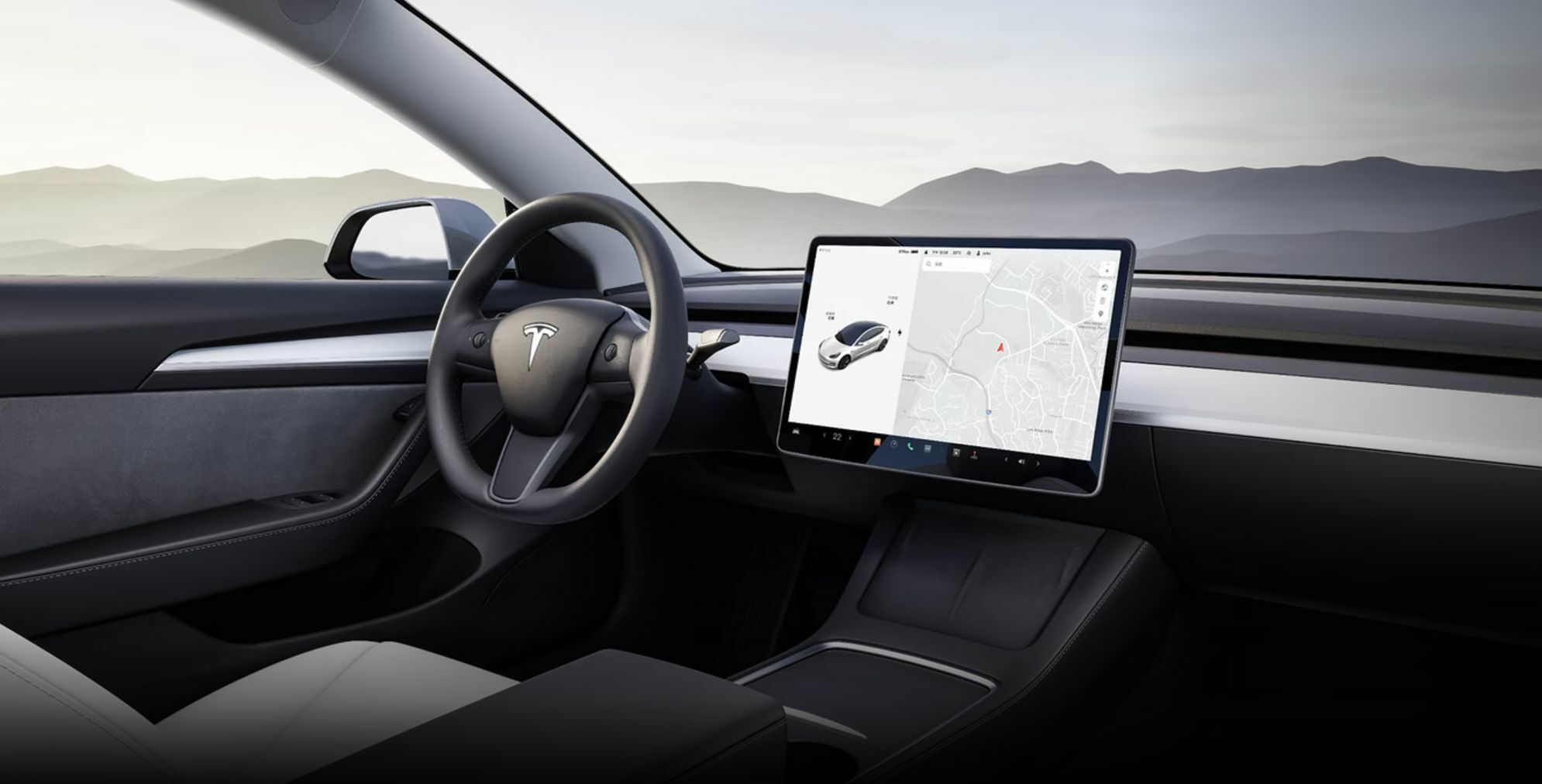
Note that these autopilot features still require active driver supervision during operation, as the technology is relatively new and not fully developed yet. However, in the future, there is hope that Tesla cars will be fully automated without the need for supervision.
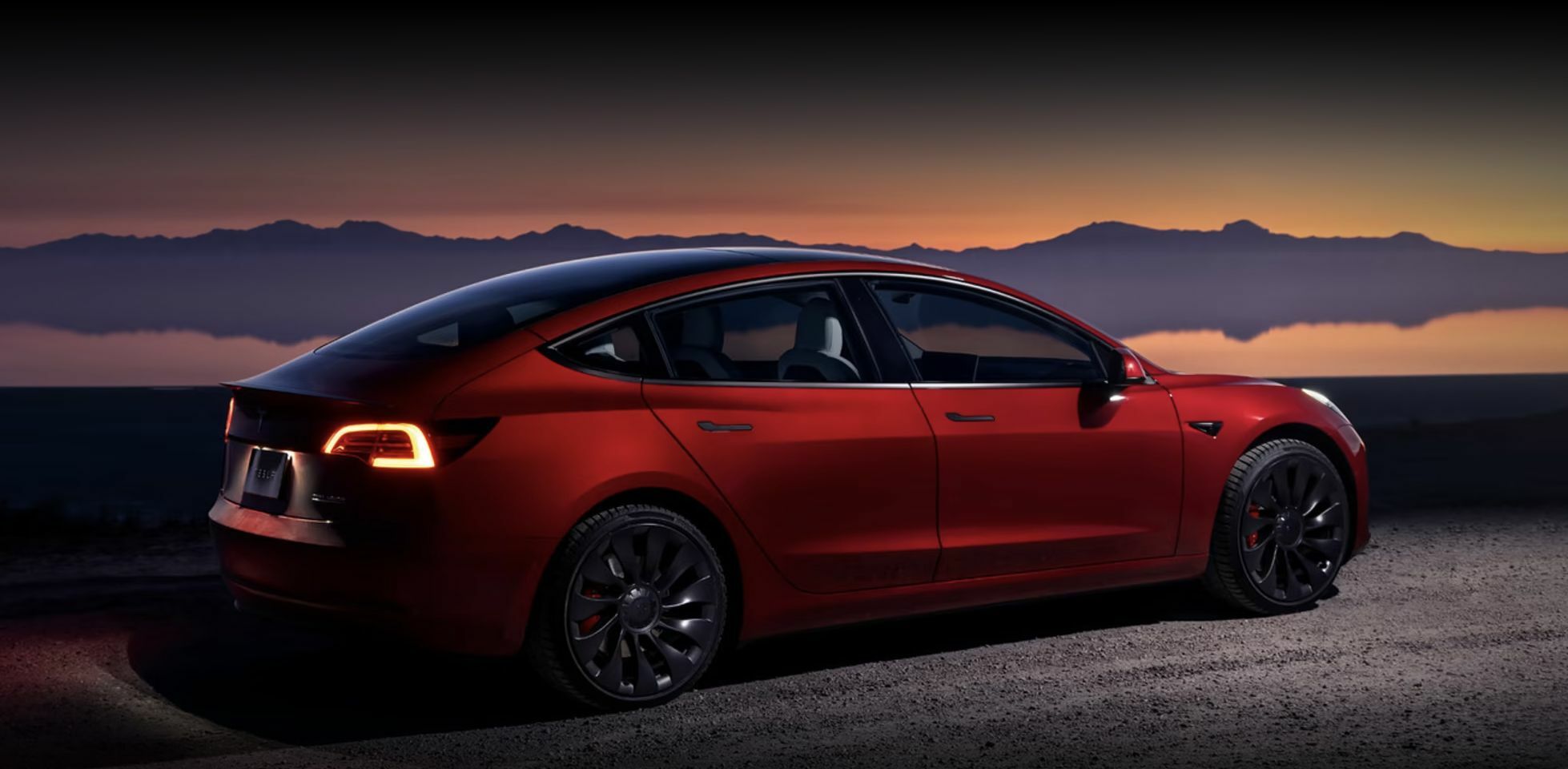
It would be interesting to see these technologies in Thailand and test whether the cars can successfully navigate through the narrow sois (streets) of Bangkok. Another thing I am intrigued about is whether the introduction of sensor technology would be able to reduce the number of road accidents in Thailand.
Tesla and electric vehicles in Thailand
In Thailand, Tesla is currently selling the Model 3 and Model Y (as listed on their website), with prices around the 2 million baht range. Depending on whether the popularity of Tesla increases in Thailand, more models are expected to be introduced in the future.
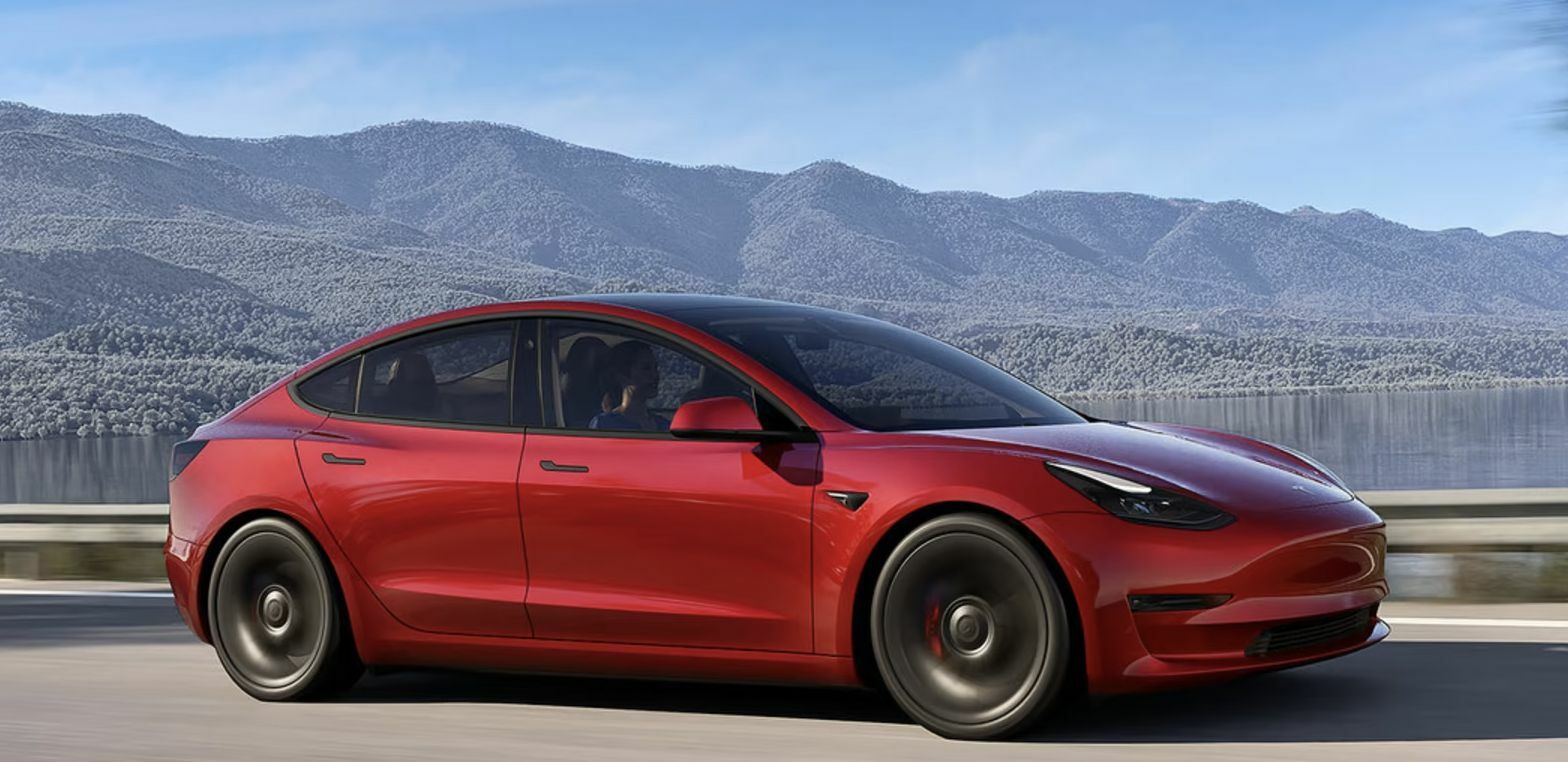
Tesla is paving the way to the future of transport, where the convenience of autonomous driving and the energy efficiency of electric vehicles will become the new normal. As climate change becomes an increasingly detrimental problem and consumer trends change, other automobile companies will likely hop onto the electric vehicle trend as well.
These advances in auto-mobility are not only exciting for Thailand but for the whole world. Who else is looking forward to seeing the next developments?
Latest Thailand News
Follow The Thaiger on Google News:


























